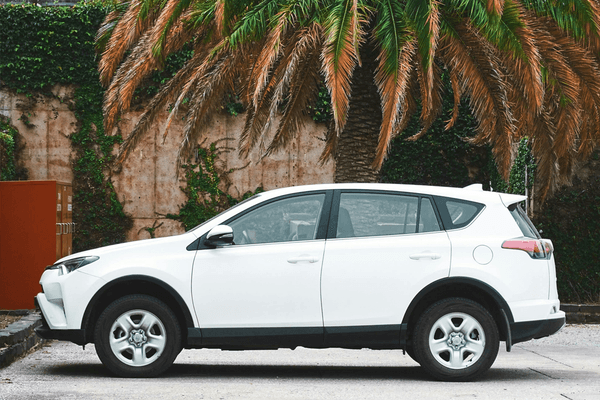Early 2025 presents strong opportunities for car buyers as dealerships clear stock and private sellers reduce prices after quiet holiday periods.
Car prices often drop early in the year when dealerships clear stock and private sellers reduce prices after quiet holiday periods. Market conditions in early 2025 create strong buying opportunities.
Dealership clearance timing
January and February bring substantial discounts on previous year models. Dealerships focus on moving older stock to make room for new inventory. These sales include reduced prices on demonstration vehicles, complementary extras and competitive drive-away pricing packages.
Private market advantages
Private sellers who listed vehicles before the Christmas period often accept lower offers in the new year. Extended listing times indicate potential price flexibility. Checking advertisement dates helps identify motivated sellers wanting quick sales after unsuccessful holiday period listings.
Commercial vehicle benefits
Business purchases early in the calendar year maximise available tax deductions. ABN holders gain immediate depreciation benefits and GST credits. Commercial vehicle stock levels peak during this period as fleet companies update their vehicles.
Finance considerations
Dealer-arranged finance often includes higher interest rates and fees than independent options. These packages may require substantial deposits or include large final payments. Balloon payment structures can create future financial pressure despite appearing attractive initially.
Purchase preparation
Finance pre-approval provides clear spending limits and strengthens negotiating positions. Understanding exact borrowing capacity prevents emotional overspending during sales events. Pre-approved buyers often secure better deals than those requiring urgent finance approval.
Further questions
How much can dealerships discount previous year models?
Discounts vary by manufacturer and model but typically range from 10-25% off retail prices. Premium brands often offer smaller percentage discounts but include substantial extras packages. Japanese and Korean manufacturers regularly exceed 15% discounts on previous year stock. Fleet spec vehicles attract larger discounts, sometimes reaching 30% for bulk orders. Demonstration vehicles with under 5,000km often sell for 20% below new prices while retaining full warranty coverage.
What are the risks when buying from private sellers?
Private purchases need thorough mechanical inspections and ownership checks. Outstanding finance can affect vehicle ownership transfer. Service history gaps reduce resale value. Registration transfers require specific paperwork timing. Interstate purchases face additional compliance costs. Professional mechanical inspections cost $200-500 but identify potential issues. Vehicle history reports reveal accident damage or insurance claims. Some states require roadworthy certificates before ownership transfer.
What tax benefits apply to business vehicle purchases?
Instant asset write-off policies allow immediate deduction of vehicle costs up to threshold limits. GST credits reduce effective purchase prices by 1/11th. Fuel tax credits apply for certain vehicle types and uses. Log book records maximise available deductions. Vehicle packaging through salary sacrifice arrangements provides tax advantages for employees. Different depreciation rates apply based on vehicle type and business use percentage.
Why avoid dealer finance arrangements?
Dealer finance often includes administration fees ranging from $500-1500. Interest rates typically exceed market rates by 2-3%. Early repayment penalties restrict refinancing options. Balloon payments can reach 40% of vehicle value. Credit insurance adds significant costs but provides limited benefits. Commission structures incentivise dealers to maximise finance charges rather than reduce customer costs. Independent finance offers more flexibility for early repayment or vehicle upgrades.
When should you arrange car finance pre-approval?
Pre-approval validity typically lasts 60-90 days. Applications need current payslips and tax returns. Credit checks affect scores for 12 months. Multiple applications within short periods impact approval chances. Different lenders assess income types differently. Self-employed buyers need two years of business financials. Asset finance differs from personal loans in assessment criteria. Pre-approval amounts include registration and insurance costs.
This is general information only and is subject to change at any given
time. Your complete financial situation will need to be assessed
before acceptance of any proposal or product.






